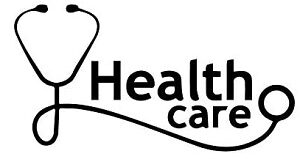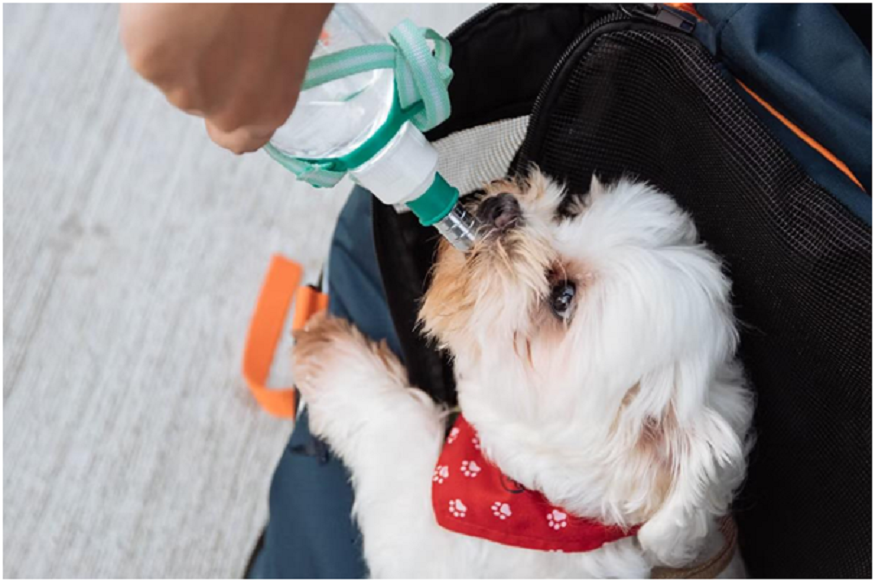When it comes to taking care of children’s health, parents often get confused about whether to consult a paediatrician or a child specialist. Though both professionals are trained to provide medical care to children, there are some differences between a paediatrician and a child specialist.
In this blog, we will explore those differences to help you make an informed decision for your child’s health.
Paediatrician:
A private respiratory paediatrician is a medical doctor who specializes in the healthcare of infants, children, and adolescents up to the age of 18. Paediatricians are trained to diagnose, treat and prevent diseases that affect children. They are also responsible for monitoring and tracking the growth and development of children, including physical, behavioural, and emotional development.
Paediatricians offer a wide range of services, including routine check-ups, immunizations, treatment of acute and chronic illnesses, and preventive healthcare services. They are the first point of contact for parents when their child is sick, and they work in collaboration with parents to provide the best possible care for the child.
Child Specialist:
A child specialist is a medical doctor who specializes in the care of children and adolescents up to the age of 18. They are trained to diagnose and treat a range of illnesses and conditions that affect children. Child specialists may also specialize in a particular area of children’s health, such as cardiology, gastroenterology, or pulmonology.
Child specialists often provide care for children who have chronic conditions or complex medical needs. They work closely with parents, primary care physicians, and other healthcare providers to develop a comprehensive treatment plan for the child.
Difference between a Private Paediatric Respiratory Physician In UK And A Child Specialist:
Training:
Both paediatricians and child specialists are medical doctors who have completed medical school and a residency program. However, paediatricians undergo three years of specialized training in the care of infants, children, and adolescents. On the other hand, child specialists undergo an additional two to three years of specialized training in a particular area of children’s health, such as cardiology, gastroenterology, or pulmonology.
Scope of practice:
Paediatricians provide comprehensive medical care for children of all ages. They are trained to diagnose and treat a wide range of illnesses and conditions that affect children. Child specialists, on the other hand, provide specialized medical care for children with complex medical needs or chronic conditions.
Collaboration:
Paediatricians work closely with parents, primary care physicians, and other healthcare providers to provide the best possible care for children. They are the first point of contact for parents when their child is sick, and they often work in collaboration with other healthcare providers to develop a comprehensive treatment plan for the child. Child specialists also work closely with parents and other healthcare providers to develop a treatment plan for the child. However, they may not provide primary care services, and their role is often limited to the management of a particular medical condition or area of children’s health.
Cost:
The cost of healthcare services provided by paediatricians is generally lower than that provided by child specialists. This is because child specialists often provide specialized care and may require additional tests or procedures, which can increase the cost of healthcare.
Conclusion:
In conclusion, both paediatricians and child specialists play a vital role in the healthcare of children. Paediatricians provide comprehensive medical care for children of all ages, while child specialists provide specialized medical care for children with complex medical needs or chronic conditions. If your child has a complex medical condition, it may be necessary to consult a child specialist. However, for routine medical care, a paediatric respiratory physician in Manchester may be the best option. Ultimately, the choice between a paediatrician and a child specialist will depend on your child’s individual needs and your preferences as a parent.
FAQ
How can I find a private paediatric respiratory physician in the UK?
You can find a private paediatric respiratory physician in the UK by searching online or asking for referrals from your child’s primary care physician or paediatrician.
What should I expect during my child’s first appointment with a paediatric respiratory physician?
During your child’s first appointment with a paediatric respiratory physician, the physician will review your child’s medical history and conduct a physical exam. They may also order additional tests, such as lung function tests or allergy tests, to help with diagnosis and treatment planning.
What treatments are available for respiratory conditions in children?
Treatments for respiratory conditions in children may include medications, such as bronchodilators or corticosteroids, as well as lifestyle changes, such as avoiding triggers that worsen symptoms. In some cases, surgery may be necessary.
How can I prepare for my child’s appointment with a paediatric respiratory physician?
To prepare for your child’s appointment with a paediatric respiratory physician, gather any relevant medical records or test results, and make a list of any questions or concerns you have. It can also be helpful to bring your child’s inhalers or other medications to the appointment.




